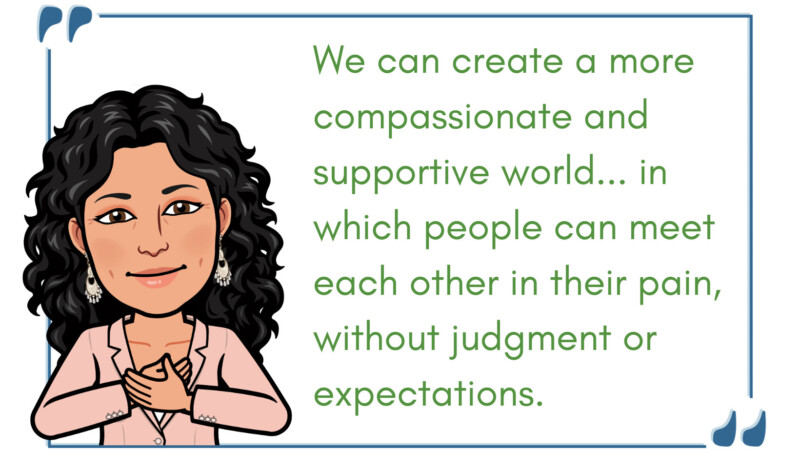LESSONS FROM TRAUMA AND RESILIENCE LIFE COACH TRAINING
As a Trauma and Resilience Life Coaching program trainer and facilitator, I have gained a new understanding of humanity. Every participant in our program has faced adversity, lost a loved one in tragic circumstances, been subjected to childhood or adult abuse, or carries their own burdens. Despite this, they continue to carry on with life, demonstrating courage and determination to make a positive impact for themselves and others. Witnessing the pain and trauma of each participant has left me in awe of their courage and determination to make a difference for themselves and others.
This experience has led me to consider how we can create a more compassionate and supportive world. One in which people can meet each other in their pain, without judgment or expectations.
Our program attracts a diverse group of individuals, including therapists, counselors, life coaches, breath facilitators, and survivors. Over the six-month certification course, I have seen unity, compassion, and support grow among the participants. They meet each other where they are, leaving with a deeper understanding of true compassion.
This experience has led me to consider how we can create a more compassionate and supportive world. One in which people can meet each other in their pain, without judgment or expectations. To achieve this, I suggest the following:
- Don’t take things personally –
Our responses are mostly driven by our nervous system, and we are less in control than we think. Instead of viewing a person through your perspective, try to understand what happened to trigger their response and ask how you can best support them. - Mirror your suffering with the other person’s –
Everyone suffers in some way, and we often walk through this pain alone. What if we could meet each other in our pain and sit with each other, saying “you are not alone, I am here with you”? - Meet people where they are –
Don’t expect others to match your mood or mental state. Try to remain curious and open-hearted, accept where they are, and support them as best you can. If necessary, set healthy boundaries. - Love yourself first –
Most of our responses and perspectives are driven by our past learned experiences, so if you don’t love yourself, you won’t be able to spread love to others. Develop a deep appreciation for yourself, recognizing that despite everything, you still get up and show up every day.
By following these strategies, we can create a world that is more compassionate and supportive. I am grateful for the community I have witnessed in our program and hope to inspire others to embrace empathy and compassion in their lives.
![]()

Candice Liozu, The Director of Coaching Programs at Arizona Trauma Institute is an Executive Coach who is passionate about the promise of healing that the salutogenic model offers to trauma survivors.



